Did you know that Vanuatu, an archipelago of 83 volcanic islands nestled in the Southwest Pacific Ocean, is home to one of the most diverse and unique ecosystems on the planet? Its larger and older islands possess a remarkable variety of terrestrial ecosystems, plants, and animals, making Vanuatu a biodiversity hotspot of global significance. However, this natural heritage is under threat from various challenges such as climate change, natural disasters, habitat loss, and invasive alien species.
Key Takeaways:
- Vanuatu is an archipelago of 83 volcanic islands in the Southwest Pacific Ocean, known for its rich biodiversity.
- The country’s biodiversity is vulnerable to climate change, natural disasters, habitat loss, and invasive alien species.
- Vanuatu has been implementing measures to enhance the implementation of the Convention on Biological Diversity and achieve the 2020 Aichi Biodiversity Targets.
- The protection and preservation of Vanuatu’s sacred natural sites are essential for maintaining the country’s cultural heritage and promoting indigenous rights.
- Investing in green buildings in Vanuatu not only aligns with environmental sustainability but also offers financial and social benefits.
Vanuatu’s Sacred Natural Sites and Indigenous Heritage Protection
Vanuatu is renowned for its sacred natural sites, which serve as designated areas for local communities to safeguard cultural and spiritual values, as well as natural resources. These sites play a vital role in the traditional ecological knowledge and practices of indigenous communities, ensuring the preservation of Vanuatu’s rich cultural heritage and endorsing indigenous rights.
The traditional chiefs of Aneityum Island in Vanuatu have established the first “Tabu-Area,” designating it as a protected area to conserve both biodiversity and cultural significance. This groundbreaking initiative exemplifies the essential role that communities play in conservation efforts and natural resource management within Vanuatu.
Community-based management approaches, where local communities actively participate in decision-making and the implementation of conservation measures, are key to ensuring the long-term sustainability of these sacred sites and the protection of Vanuatu’s indigenous heritage.
Preserving Cultural Heritage and Indigenous Rights
The preservation and protection of Vanuatu’s sacred natural sites are not just matters of environmental conservation; they are also crucial steps towards maintaining cultural heritage and promoting indigenous rights. By recognizing the spiritual and cultural significance of these sites, Vanuatu acknowledges and respects the traditional ecological knowledge and practices embedded within indigenous communities.
Vanuatu’s sacred natural sites stand as living examples of the strong connections indigenous communities have with nature and their ancestral lands. The preservation of these sites is a vital part of our responsibility to protect our cultural heritage and promote indigenous rights.
Empowering Local Communities
Vanuatu’s indigenous communities have been at the forefront of conserving the country’s sacred natural sites and safeguarding their cultural and ecological values. Community-based management approaches foster active participation and decision-making, empowering local communities to take ownership of conservation efforts and ensuring the sustainability of these sites for future generations.
Vanuatu acknowledges that the protection of indigenous heritage is not solely the responsibility of the government but requires the collaborative efforts of local communities, traditional authorities, and relevant stakeholders.
Promoting Sustainable Development
The preservation of Vanuatu’s sacred natural sites not only safeguards cultural and ecological values but also aligns with the country’s commitment to sustainable development. By valuing traditional ecological knowledge and incorporating indigenous practices into conservation strategies, Vanuatu promotes a holistic approach that respects both nature and culture.
This integration of indigenous heritage protection into sustainable development initiatives contributes to the overall well-being of communities and emphasizes the importance of cultural landscapes in long-term environmental conservation.
Vanuatu’s Biodiversity Conservation Efforts
Vanuatu, a country known for its rich biodiversity, is dedicated to the preservation of its unique flora and fauna, including endemic species. The region’s flora, particularly its orchids, have been extensively studied, revealing numerous species exclusive to Vanuatu. The country is also home to a diverse range of bird species, many of which are endemic and face global threats.
The government of Vanuatu has implemented various measures to protect and conserve biodiversity, such as the establishment of protected areas like the Aneityum Tabu-Area. These designated areas not only safeguard natural resources but also promote community-based conservation approaches. Local communities actively participate in managing and conserving these areas, contributing to sustainable development and the preservation of cultural landscapes.
A key aspect of conservation in Vanuatu is the protection of sacred ecologies, recognizing the spiritual and cultural significance of specific natural sites. These conservation efforts aim to maintain the integrity of these sacred places and contribute to Vanuatu’s commitment to the Convention on Biological Diversity.
Harnessing community-based conservation approaches and prioritizing the preservation of sacred ecologies, Vanuatu strives to achieve biodiversity preservation and foster sustainable development.
The holistic approach to conservation in Vanuatu not only enriches the natural environment but also upholds the cultural heritage of the islands. It reinforces the intrinsic link between the livelihoods of local communities and the health of the ecosystems they rely on.
The Importance of Community-Based Conservation
Community-based conservation is a cornerstone of Vanuatu’s biodiversity preservation efforts. Engaging local communities in the decision-making process and empowering them to actively participate in conservation activities ensures the long-term sustainability of natural resources. This collaborative approach fosters a sense of ownership and responsibility among communities, creating a lasting impact on biodiversity conservation.
Safeguarding Sacred Ecologies
Recognizing the cultural and spiritual value of certain natural sites, Vanuatu strives to protect sacred ecologies. These sites hold immense significance for the local communities and contribute to the overall cultural landscape of the country. By conserving these sacred places and their associated biodiversity, Vanuatu upholds its sacred ecology conservation efforts.
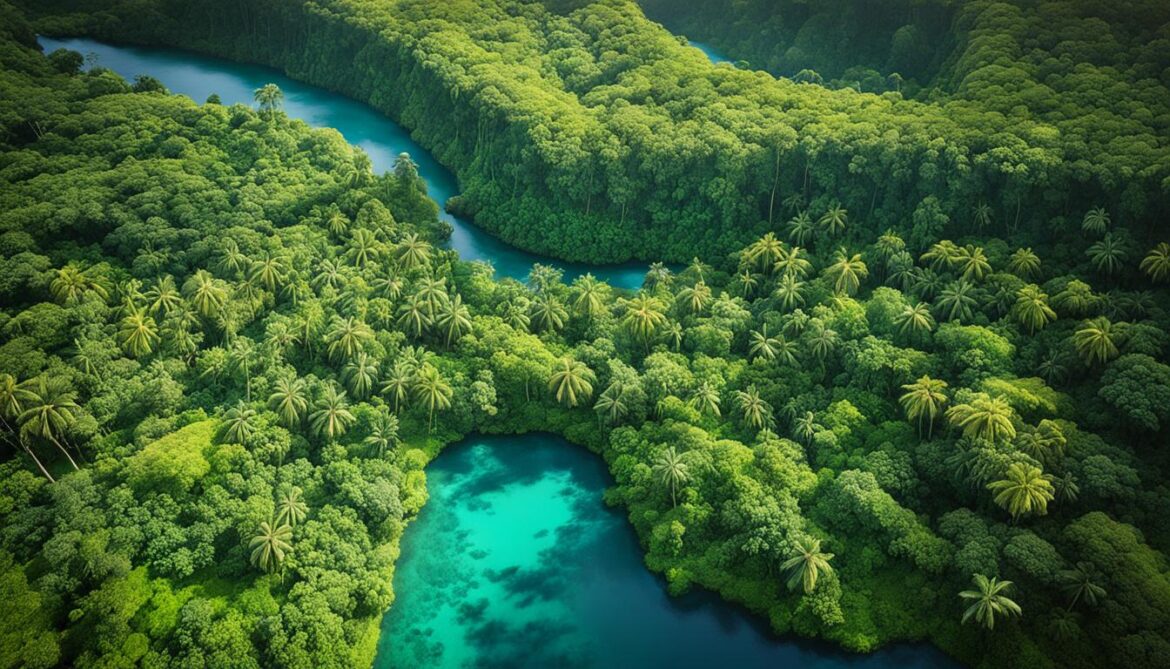
The commitment of Vanuatu to biodiversity preservation extends beyond its borders, as it seeks to contribute to global initiatives for ecological sustainability. With a combination of community-based conservation, the protection of sacred ecologies, and the establishment of protected areas, Vanuatu is taking significant steps towards ensuring the long-term preservation of its unique natural heritage.
Vanuatu’s Green Building Initiatives
Vanuatu has embraced sustainable construction and eco-friendly architecture, recognizing the importance of resource efficiency and minimizing environmental impact in building practices. Green buildings in Vanuatu prioritize energy efficiency, water conservation, and the use of eco-friendly materials.
The Ministry of Construction actively supports sustainable design and construction methods and has implemented policies to promote green buildings and sustainable urban development across the country.
The government’s focus on fostering environmentally friendly buildings has created significant investment opportunities in Vanuatu’s green building sector. With the rising demand for sustainable construction, investors can contribute to the country’s sustainable development goals while benefitting from financial returns.
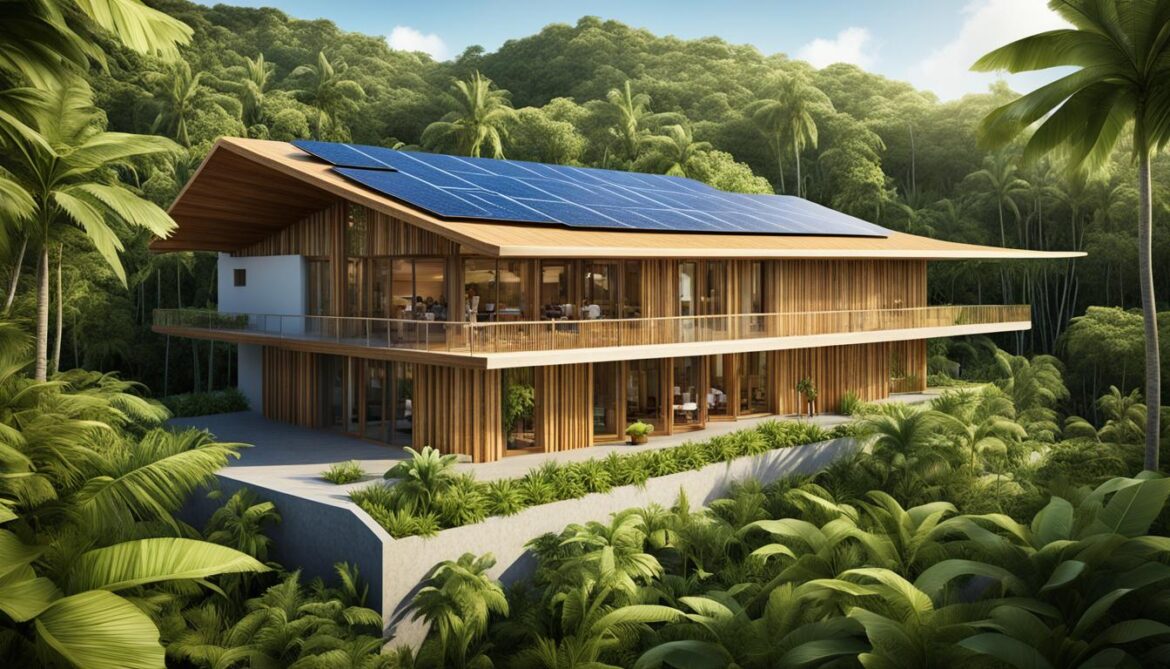
“Investing in green buildings in Vanuatu not only aligns with environmental sustainability but also offers financial and social benefits.”
By investing in green buildings, individuals can play a part in conserving the environment, reducing greenhouse gas emissions, and promoting sustainable development in Vanuatu.
Additionally, green buildings provide several advantages. They reduce operating costs through energy and water efficiency, often have higher rental and resale values, and stimulate demand for sustainable products and services, ultimately contributing to economic growth and job creation.
Furthermore, green buildings offer a healthier and more comfortable indoor environment, improving occupants’ well-being and promoting a sense of community and sustainability.
Benefits of Green Buildings in Vanuatu:
- Reduced environmental impact through energy efficiency and resource conservation
- Long-term cost savings through reduced operating expenses
- Higher rental and resale values
- Enhanced occupant health and well-being
- Community engagement and collaboration
Investing in green buildings in Vanuatu presents a unique opportunity to align financial interests with sustainable development, contributing to the country’s efforts towards environmental conservation and long-term prosperity.
Investment Opportunities in Vanuatu’s Green Buildings:
The growing economy and increasing demand for sustainable urban development in Vanuatu create a favorable environment for investing in green buildings. The International Finance Corporation estimates that the green building sector in Vanuatu represents a significant investment opportunity of nearly $80 billion. By capitalizing on this emerging market, investors can contribute to the country’s sustainable development goals while reaping the financial benefits of investing in environmentally friendly buildings.
Benefits of Green Buildings in Vanuatu
Green buildings in Vanuatu offer a range of benefits that contribute to a more sustainable and prosperous future for the country. These benefits span across environmental, economic, and social aspects, making green buildings a valuable investment for individuals, businesses, and communities.
Environmental Advantages
One of the primary benefits of green buildings is their positive impact on the environment. They play a significant role in reducing greenhouse gas emissions, which are a major contributor to climate change. By incorporating energy-efficient systems and renewable energy sources, such as solar panels, green buildings help to minimize carbon footprints and conserve valuable resources.
Water conservation is another crucial environmental aspect facilitated by green buildings. Through efficient plumbing fixtures, rainwater harvesting systems, and greywater recycling, these buildings effectively reduce water consumption, helping to preserve water resources in Vanuatu’s fragile island ecosystem.
Green buildings in Vanuatu contribute to the preservation of natural resources and the enhancement of biodiversity conservation, safeguarding the country’s unique flora and fauna for future generations.
Economic Benefits
Beyond environmental advantages, green buildings provide substantial economic benefits. Their energy efficiency measures and renewable energy integration result in long-term cost savings. By consuming less energy, these buildings reduce utility bills, providing financial relief to occupants and building owners alike.
In addition, green buildings often have higher rental and resale values due to their sustainable features and increased demand. Their market appeal attracts environmentally-conscious tenants and buyers, presenting lucrative opportunities for property owners.
“Investing in green buildings stimulates demand for sustainable products and services, contributing to economic growth and job creation in Vanuatu.”
Social Advantages
The social advantages of green buildings cannot be overlooked. These buildings focus on creating healthier and more comfortable indoor environments for occupants. Through proper ventilation, use of non-toxic construction materials, and attention to indoor air quality, green buildings promote occupant well-being, leading to improved productivity, satisfaction, and overall quality of life.
Furthermore, green buildings foster community engagement and collaboration. By incorporating communal spaces, such as rooftop gardens or shared facilities, these buildings encourage social interactions and a sense of belonging. The focus on sustainability and environmental stewardship also promotes a shared goal among community members, fostering a strong sense of community and sustainability.
Investing in green buildings in Vanuatu not only aligns with environmental sustainability but also offers significant financial and social benefits to individuals, businesses, and communities. It is a step towards a greener and more sustainable future for Vanuatu, ensuring the well-being of both present and future generations.
Investment Opportunities in Green Buildings in Vanuatu
Vanuatu’s green buildings sector offers attractive investment opportunities with the country’s growing economy and population. The demand for sustainable urban development is on the rise, creating a need for green building materials and technologies. In fact, the International Finance Corporation estimates that the green buildings sector in Vanuatu presents a potential investment opportunity worth nearly $80 billion.
Investing in green buildings in Vanuatu goes beyond contributing to environmental conservation; it also offers significant financial advantages. Green buildings often yield higher rental and resale values, thanks to their energy and water efficiency features. These buildings also enjoy long-term savings through reduced maintenance expenses.
The government of Vanuatu is fully committed to promoting green buildings and supporting sustainable development. It has implemented policies and laws that create a conducive environment for the growth of environmentally friendly buildings. As a result, investing in green buildings in Vanuatu aligns with the government’s vision and provides a stable regulatory environment.
Considering Vanuatu’s growing market for sustainable construction and the favorable conditions created by the government, investing in green buildings in Vanuatu is an attractive opportunity for investors. Not only can they make a positive impact on the environment, but they can also achieve financial returns in the long run.
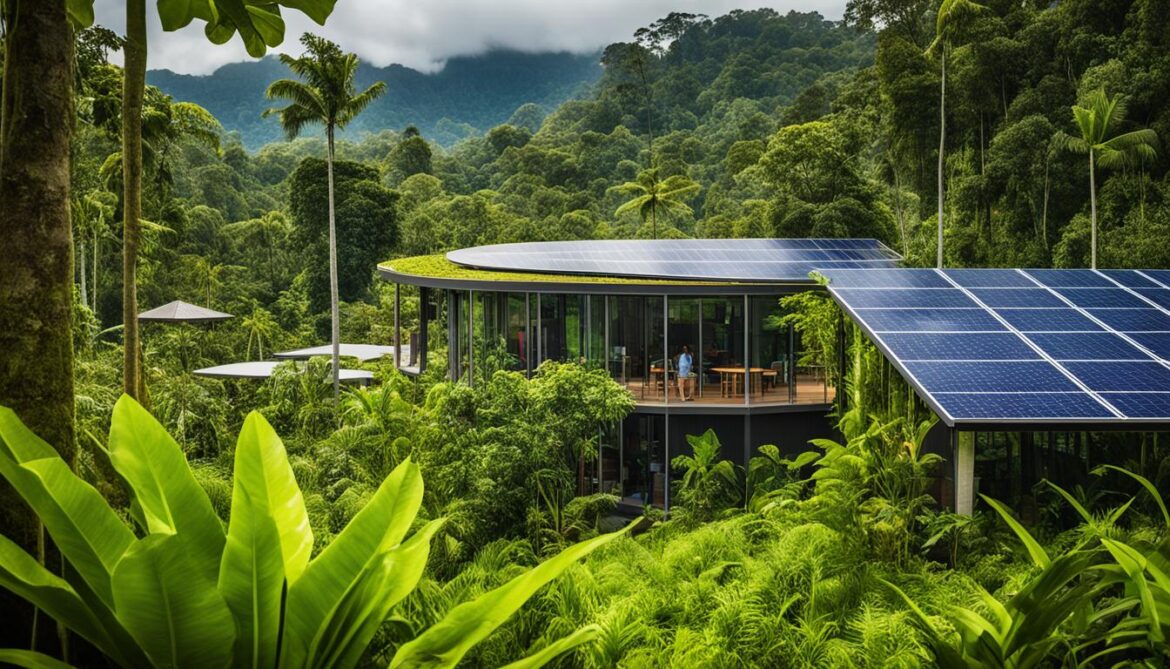
| Investment Opportunities |
Benefits |
| Higher rental and resale values |
Financial returns and increased property value |
| Reduced operating costs through energy and water efficiency |
Savings on utility bills and long-term cost sustainability |
| Long-term savings through reduced maintenance expenses |
Cost-efficient building management |
Investing in green buildings in Vanuatu not only holds lucrative financial prospects but also contributes to the country’s sustainable urban development. By supporting the construction of green buildings, investors can actively participate in the growth of Vanuatu’s economy while promoting environmental sustainability.
Government Support for Green Buildings in Vanuatu
The government of Vanuatu understands the significance of sustainable development and has taken proactive measures to promote green buildings in the country. By implementing policies, initiatives, and regulations, the government aims to create an environment that supports the growth of environmentally friendly buildings and construction practices.
One of the government’s key focuses is updating technical norms for sustainable construction. By revising these norms, Vanuatu ensures that builders and developers have clear guidelines to follow when incorporating sustainable design principles into their projects.
Furthermore, the government actively promotes energy-efficient practices and technologies within the construction industry. By incentivizing the use of energy-saving solutions, Vanuatu encourages the adoption of sustainable building practices that minimize environmental impact and reduce energy consumption.
Reducing greenhouse gas emissions is another priority for Vanuatu. The government has set goals to decrease carbon footprints through sustainable construction practices. By aligning with international frameworks and conventions, Vanuatu demonstrates its commitment to combat climate change and create a greener future.
Another significant aspect of the government’s support for green buildings is the integration of sustainable design and construction principles into urban development plans. By incorporating green building practices from the early stages of development, Vanuatu ensures that sustainable design is an inherent part of the country’s future urban landscape.
Vanuatu also collaborates with international organizations such as the United Nations Development Programme (UNDP) and the World Bank to exchange knowledge, resources, and best practices in sustainable construction. This partnership strengthens Vanuatu’s efforts in promoting and implementing sustainable building initiatives, benefiting from global expertise and support.
Overall, the government of Vanuatu provides a stable regulatory environment and actively encourages investment in sustainable construction and development through its policies, initiatives, and partnerships. This commitment to green buildings supports the country’s broader goals of sustainable development, environmental conservation, and a resilient future.
Sustainable Practices in Vanuatu’s Green Architecture
Vanuatu is committed to incorporating sustainable practices in its green architecture to minimize environmental impact and maximize energy efficiency. By utilizing eco-friendly materials, such as recycled and non-toxic options, Vanuatu reduces its carbon footprint and promotes healthier indoor environments for its residents. The use of energy-efficient design is a key aspect of green buildings in Vanuatu, featuring efficient insulation, high-performance windows, advanced lighting systems, and natural ventilation techniques. These design elements help conserve energy and reduce reliance on non-renewable resources.
Vanuatu takes advantage of its abundant sunshine by incorporating solar energy utilization through the installation of solar panels. This move reduces the country’s dependence on fossil fuels and lowers carbon emissions, aligning with Vanuatu’s sustainable development goals. Moreover, Vanuatu faces the constant threat of cyclones, making it crucial to construct cyclone-resistant buildings. Implementing resilient building designs ensures the safety and durability of structures, safeguarding communities from the destructive impacts of cyclones.
By embracing sustainable practices such as using eco-friendly materials, designing for energy efficiency, harnessing solar energy, and constructing cyclone-resistant buildings, Vanuatu’s green architecture contributes to the overall sustainability of the built environment. These initiatives support Vanuatu’s commitment to environmental conservation and sustainable development, creating a greener and more resilient future for the nation.
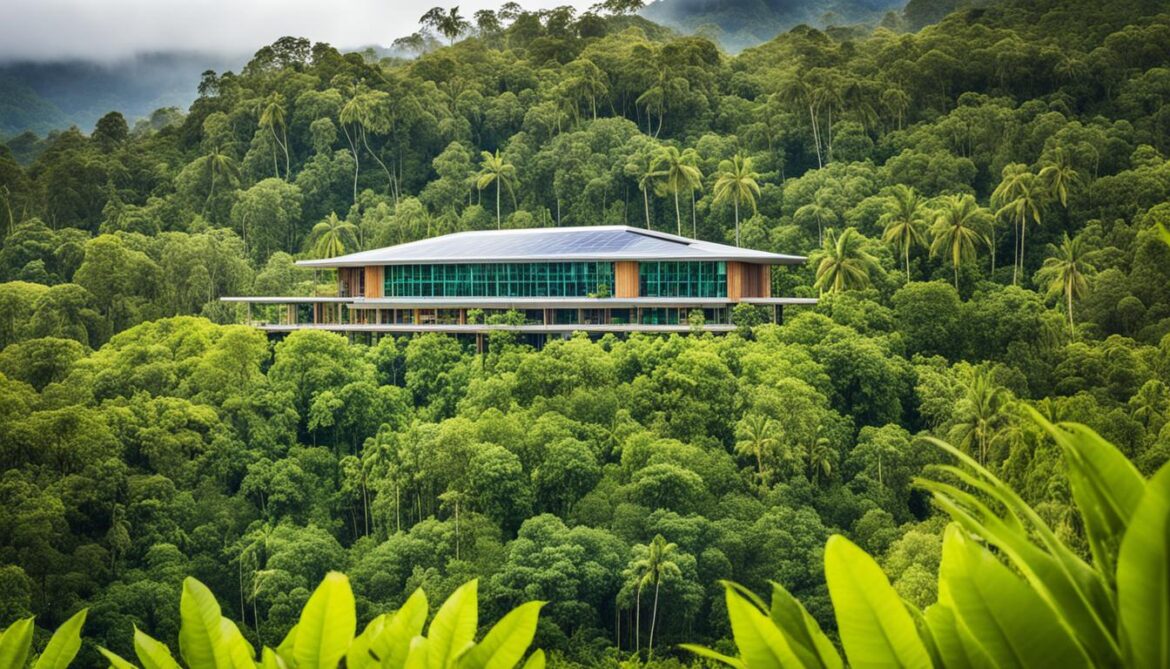
| Sustainable Practices |
Benefits |
| Eco-friendly materials |
– Reduce carbon footprint |
| Energy-efficient design |
– Lower energy consumption
– Cost savings |
| Solar energy utilization |
– Decreased reliance on fossil fuels
– Lower carbon emissions |
| Cyclone-resistant buildings |
– Enhanced safety and resilience
– Protection against natural disasters |
Conclusion
Vanuatu’s sacred natural sites and biodiversity are pivotal to the country’s environmental conservation, indigenous heritage protection, and sustainable development. The establishment of protected areas and the implementation of community-based conservation approaches exemplify Vanuatu’s commitment to preserving its diverse cultural and natural resources. Community involvement in managing and safeguarding these sites ensures the long-term sustainability of Vanuatu’s indigenous heritage.
Additionally, green buildings and sustainable construction practices have a crucial role in reducing environmental impact and promoting resource efficiency in the built environment. Through policies and regulations, the government of Vanuatu actively supports the growth of green buildings, recognizing the economic, social, and environmental benefits they offer. Investing in green buildings not only yields financial returns but also contributes to Vanuatu’s sustainable development objectives.
By embracing a holistic approach that incorporates cultural preservation, environmental conservation, and sustainable development, Vanuatu paves the way for a greener and more sustainable future. The preservation of its sacred sites, biodiversity, and cultural landscapes showcases the country’s commitment to balancing the needs of its communities, preserving its indigenous heritage, and conserving its natural resources. Vanuatu stands as a shining example of how environmental conservation and sustainable development can go hand in hand, creating a brighter future for generations to come.
FAQ
What are sacred natural sites?
Sacred natural sites are designated areas by local communities to protect cultural and spiritual values, as well as natural resources.
Why are sacred natural sites important in Vanuatu?
Sacred natural sites play a significant role in the traditional ecological knowledge and practices of indigenous communities in Vanuatu. They help preserve the cultural heritage of the country and promote indigenous rights.
How is Vanuatu conserving its biodiversity?
Vanuatu has implemented measures to protect and preserve its biodiversity, including the establishment of protected areas and the implementation of community-based conservation approaches.
What is the significance of community-based conservation in Vanuatu?
Community-based conservation approaches, where local communities are actively involved in decision-making and implementation, are key to sustainable biodiversity conservation and the protection of Vanuatu’s indigenous heritage.
What is Vanuatu’s approach to sustainable construction?
Vanuatu recognizes the importance of sustainable construction and has implemented policies and regulations to promote green buildings and sustainable urban development in the country.
What are the benefits of green buildings in Vanuatu?
Green buildings in Vanuatu offer environmental advantages such as reducing greenhouse gas emissions and conserving water resources. They also provide economic benefits through cost savings and stimulate demand for sustainable products and services. Socially, green buildings promote occupant health and well-being and foster community engagement.
What investment opportunities are available in green buildings in Vanuatu?
Investing in green buildings in Vanuatu offers financial returns through higher rental and resale values, cost savings, and reduced maintenance expenses. The green buildings sector represents a significant investment opportunity in Vanuatu, with increasing demand for sustainable urban development.
Does the government support green buildings in Vanuatu?
Yes, the government of Vanuatu supports green buildings through policies, initiatives, and regulations that create a favorable environment for the growth of environmentally friendly buildings.
What are the sustainable practices in Vanuatu’s green architecture?
Sustainable practices in Vanuatu’s green architecture include the use of eco-friendly materials, energy-efficient design, solar energy utilization, and the construction of cyclone-resistant buildings.
Source Links


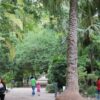
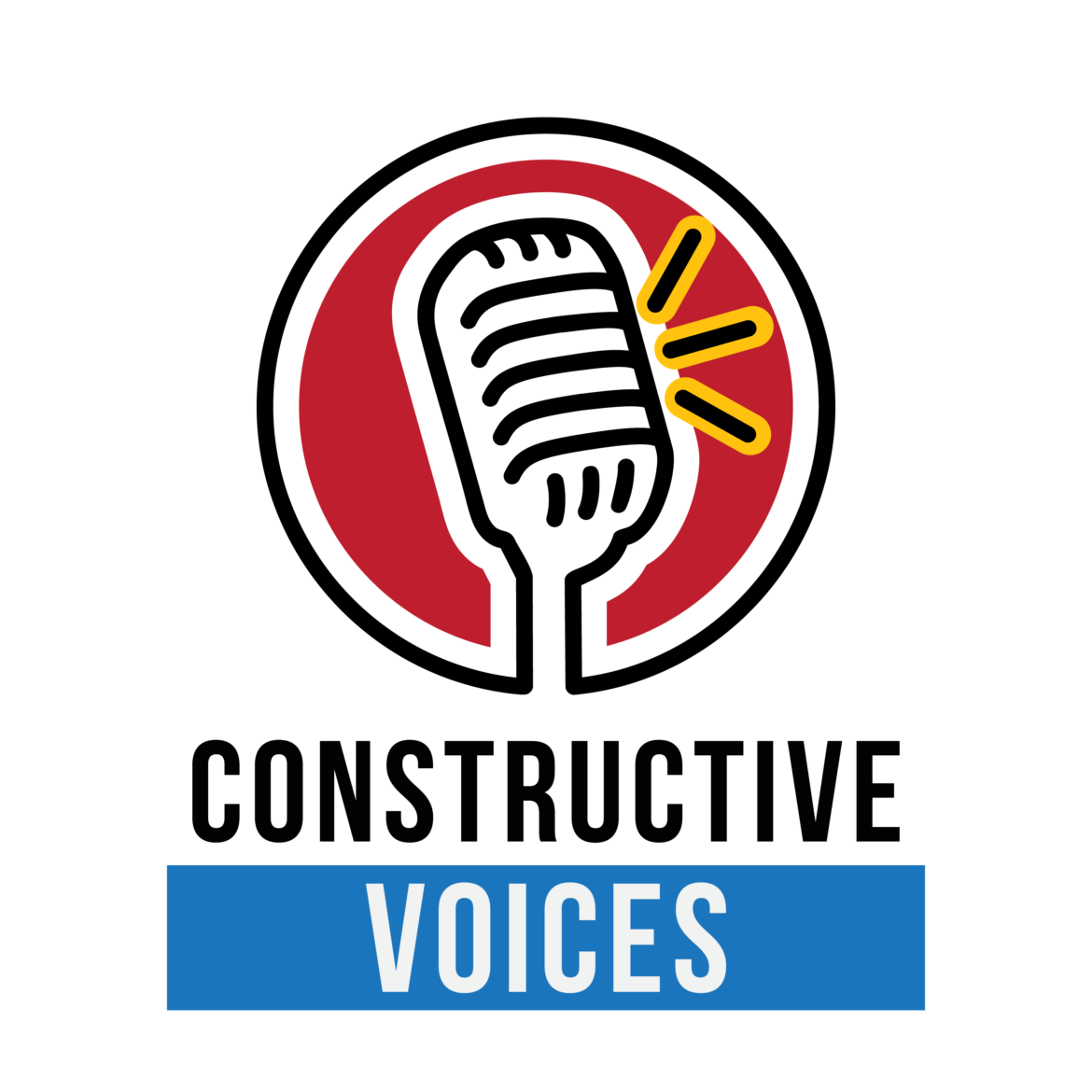


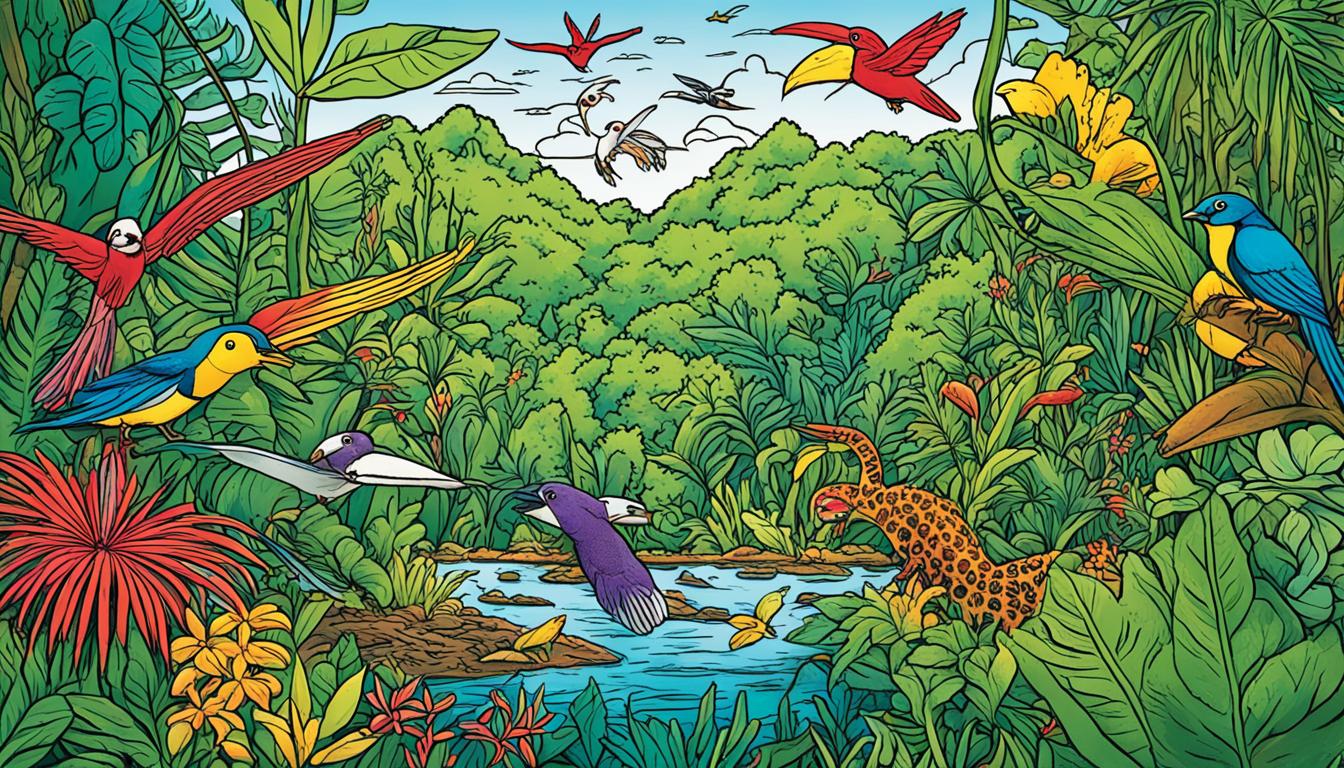




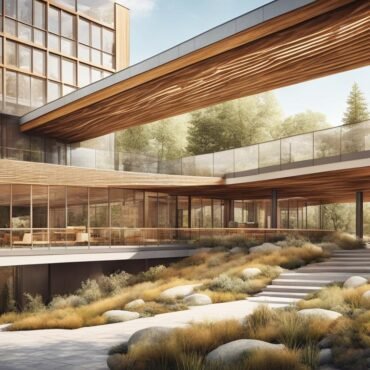
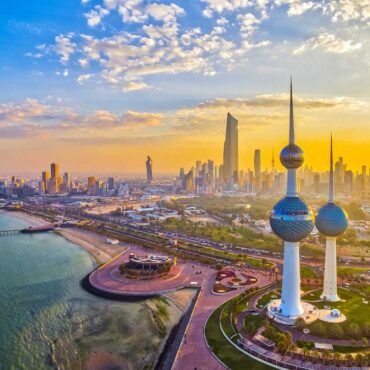




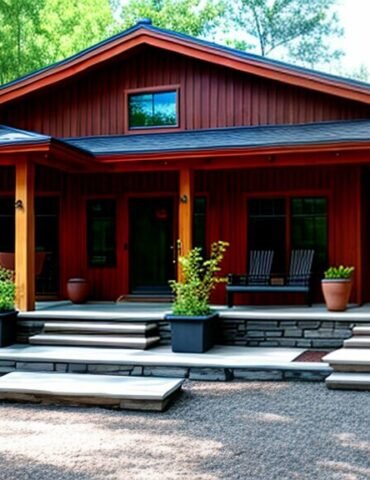

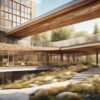
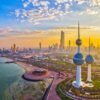

Post comments (0)